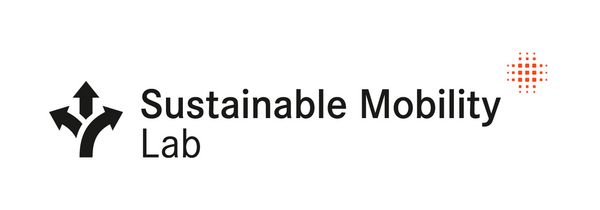What the Sustainable Mobility Lab wants to achieve
The Sustainable Mobility Lab develops solutions for regional passenger and freight transport. Using an agile and learning approach, the lab works with users, providers and local authorities to identify and implement promising cross-border concepts.
The four-country region has high mobility requirements. Intensive inner-city and interurban traffic - often in a very challenging topography - come together, traffic flows across national borders and the many small towns form unattractive mobility markets for providers of existing mobility solutions. In conjunction with the increased volume of traffic and emissions in passenger and freight transport in the region, the complexity is increasing and thus requires innovative, systematically cross-border and mostly digitally supported solutions.
The Sustainable Mobility Lab implements a virtual and physical platform that connects all relevant regional mobility stakeholders and supports the development of mobility solutions as well as their testing and implementation in practical projects around Lake Constance. The aim is to turn the four-country region into a living lab for innovative, sustainable mobility solutions.
The lab pursues an entrepreneurial, agile and iterative approach that uses alternative ways of thinking and working (design thinking/lean startup/prototyping) for targeted, collaborative development with established companies and new startups and permanently integrates all stakeholders on a transdisciplinary basis - supported by the platform. This leads to intentional networking (N-to-N relationship) and cooperation between the mobility players, targeted practical projects and the dissemination of the findings from the piloting and, based on this, sustainable, innovative mobility services in the four-country region of Lake Constance - driven by new, regional entrepreneurship.
The newly created structures and services are intended to increase the competitiveness and attractiveness of the region; not only for existing companies and new mobility providers through new economic activities, but also for talents, tourism and residents.
The lab is led by Martin Dobler (Fachhochschule Vorarlberg).



